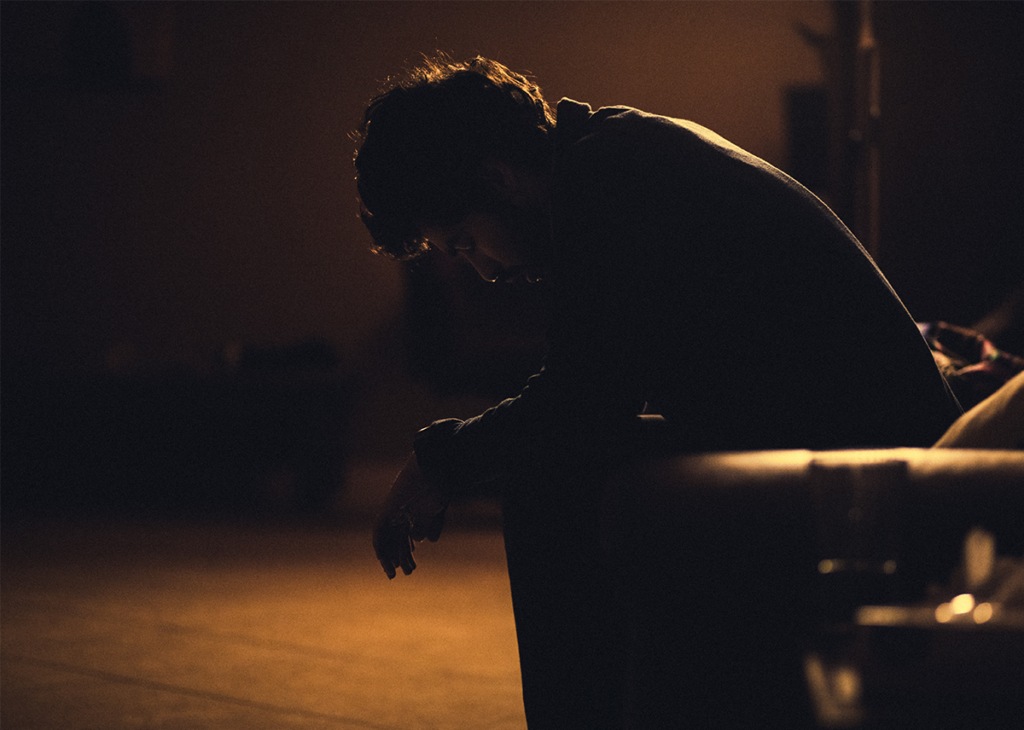Individual Counseling Insights From Westlake Village-Based Patricia McTague-Loft
The news about the horrible atrocities that the terrorist group Hamas committed against Jews in Southern Israel has left much of the world stunned. How could people commit such horrific acts against anyone, much less helpless babies snatched from their mothers’ arms?

As powerful a force as love is, the answer must lie in part in its opposite: hate. As a psychological factor, hate has long been studied and analyzed. “Why do we hate?” writes Allison Abrams in Psychology Today. “The reasons are complex, but following are some of the factors that may play a role in helping us understand hate and, hopefully, work toward change.”
Abrams then goes on to list five key factors, which are worth noting in a world filled with turmoil.
Fear of “The Other.” Our perception of people who are not in our group has deep evolutionary, biological roots. Our ancestors who survived did so in part because they were part of a tribe that could protect themselves from other groups. The process of becoming civilized consists in part in realizing that “other” people are just like us. But that realization is tenuous and easily overcome, as recent events make clear.
Fear of Ourselves. “Projection” is a psychological term describing the tendency to attribute to other people the thing we most fear in ourselves. In Psychology Today, projection is described as “the process of displacing one’s feelings onto a different person, animal, or object. The term is most commonly used to describe defensive projection — attributing one’s own unacceptable urges to another. For example, if someone continuously bullies and ridicules a peer about his insecurities, the bully might be projecting his own struggle with self-esteem onto the other person.” Projection may not be the cause of hatred; it may be more illuminating to think of it as a symptom.
Lack of Self-Compassion. Compassion is such a fundamentally valuable human trait that Buddhists, for example, make it the defining characteristic of the Buddha himself, calling him the “Compassionate Buddha.” This is true because one cannot have compassion for another while defining them as “the other.” Compassion connects humans and does not allow for hate. Compassion inevitably must begin with self-compassion, recognizing and accepting all parts of oneself.
It Fills a Void. A person filled with hate may have deep psychological problems that are the source of their hatred. When people as a group are filled with hate that they act upon, the situation becomes more complex. Abrams cites Psychologist Bernard Golden, author of Overcoming Destructive Anger: Strategies That Work, saying “When hate involves participation in a group, it may help foster a sense of connection and camaraderie that fills a void in one’s identity… Acts of hate are attempts to distract oneself from feelings such as helplessness, powerlessness, injustice, inadequacy and shame. Hate is grounded in some sense of perceived threat. It is an attitude that can give rise to hostility and aggression toward individuals or groups. Like much of anger, it is a reaction to and distraction from some form of inner pain. The individual consumed by hate may believe that the only way to regain some sense of power over his or her pain is to preemptively strike out at others. In this context, each moment of hate is a temporary reprieve from inner suffering.” Even a cursory look at the Mideast today reveals that this analysis strikes close to the truth.
Societal and Cultural Factors. Participation in group hatred leads directly to a discussion of the culture in which hatred develops. In the context of today’s historical events, the rise of terrorism is intertwined with the history of anti-Semitism. That is the subject of a much longer discussion. But as we follow events going forward, it may help to ponder the role that hatred plays in actions that President Biden has described as “acts of sheer evil.”